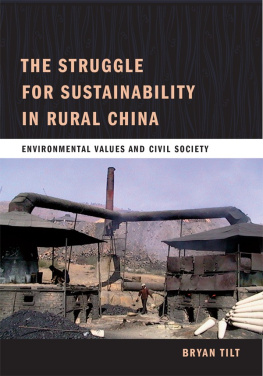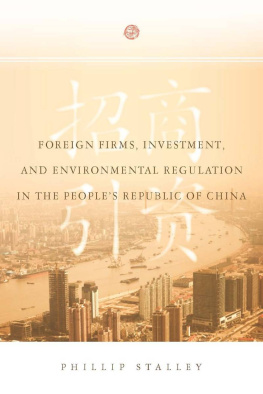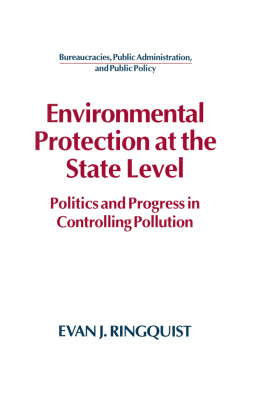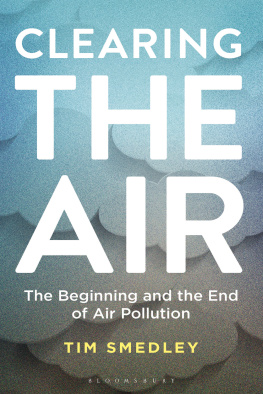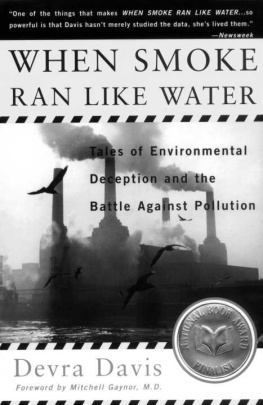Bryan Tilt - The Struggle for Sustainability in Rural China: Environmental Values and Civil Society
Here you can read online Bryan Tilt - The Struggle for Sustainability in Rural China: Environmental Values and Civil Society full text of the book (entire story) in english for free. Download pdf and epub, get meaning, cover and reviews about this ebook. year: 2009, publisher: Columbia University Press, genre: Politics. Description of the work, (preface) as well as reviews are available. Best literature library LitArk.com created for fans of good reading and offers a wide selection of genres:
Romance novel
Science fiction
Adventure
Detective
Science
History
Home and family
Prose
Art
Politics
Computer
Non-fiction
Religion
Business
Children
Humor
Choose a favorite category and find really read worthwhile books. Enjoy immersion in the world of imagination, feel the emotions of the characters or learn something new for yourself, make an fascinating discovery.
- Book:The Struggle for Sustainability in Rural China: Environmental Values and Civil Society
- Author:
- Publisher:Columbia University Press
- Genre:
- Year:2009
- Rating:5 / 5
- Favourites:Add to favourites
- Your mark:
The Struggle for Sustainability in Rural China: Environmental Values and Civil Society: summary, description and annotation
We offer to read an annotation, description, summary or preface (depends on what the author of the book "The Struggle for Sustainability in Rural China: Environmental Values and Civil Society" wrote himself). If you haven't found the necessary information about the book — write in the comments, we will try to find it.
Though Chinas economy is projected to become the worlds largest within the next twenty years, industrial pollution threatens both the health of the countrys citizens and the natural resources on which their economy depends. Capturing the consequences of this reality, Bryan Tilt conducts an in-depth, ethnographic study of Futian Township, a rural community reeling from pollution.
The industrial township is located in the populous southwestern province of Sichuan. Three local factories-a zinc smelter, a coking plant, and a coal-washing plant-produce air and water pollution that far exceeds the standards set by the World Health Organization and Chinas Ministry of Environmental Protection. Interviewing state and company officials, factory workers, farmers, and scientists, Tilt shows how residents cope with this pollution and how they view its effects on health and economic growth. Striking at the heart of the communitys environmental values, he explores the intersection between civil society and environmental policy, weighing the tradeoffs between protection and economic growth. Tilt ultimately finds that the residents are quite concerned about pollution, and he investigates the various strategies they use to fight it. His study unravels the complexity of sustainable development within a rapidly changing nation.
Bryan Tilt: author's other books
Who wrote The Struggle for Sustainability in Rural China: Environmental Values and Civil Society? Find out the surname, the name of the author of the book and a list of all author's works by series.

